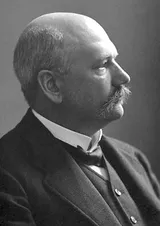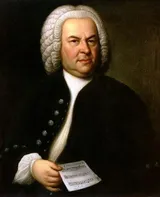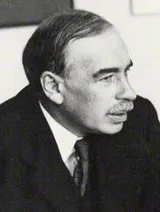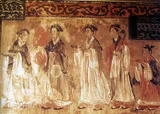null
Anqing Uprising
Anqing, Anhui, China
Jul 6 1907
Sat 13:36:00
On 6 July 1907, Xu Xilin of Guangfuhui led an uprising in Anqing, Anhui, which became known as the Anqing Uprising. Xu Xilin at the time was the police commissioner as well as the supervisor of the police academy. He led an uprising that was to assassinate the provincial governor of Anhui, En Ming. They were defeated after four hours of fighting. Xu was captured, and En Ming's bodyguards cut out his heart and liver and ate them. His cousin Qiu Jin was executed a few days later.
Near you
See allYesterday
See allIn the ensuing Battle of Wagram, which also lasted two days, Napoleon commanded his forces in what was the largest battle of his career up until then.
Napoleon finished off the battle with a concentrated central thrust that punctured a hole in the Austrian army and forced Charles to retreat.

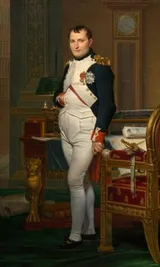
On July 5, 1852, Douglass delivered an address to the ladies of the Rochester Anti-Slavery Sewing Society. This speech eventually became known as "What to the Slave Is the Fourth of July?"; one biographer called it "perhaps the greatest antislavery oration ever given".

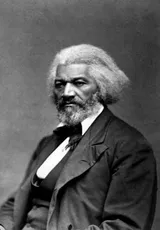
Father's Day was not celebrated in the US, outside Catholic traditions, until the 20th century. As a civic celebration in the US, it was inaugurated in the early 20th century to complement Mother's Day by celebrating fathers and male parenting.
After Anna Jarvis' successful promotion of Mother's Day in Grafton, West Virginia, the first observance of a day honoring fathers was held on July 5, 1908, in Fairmont, West Virginia, in the Williams Memorial Methodist Episcopal Church South, now known as Central United Methodist Church.


The steamer departed on 5 June 1911 and arrived in Marseille, France on 5 July 1911. The ship then left for Le Havre and Dunkirk, returning to Marseille in mid-September. There, he applied for the French Colonial Administrative School, but his application was rejected and he instead decided to begin traveling the world by working on ships and visited many countries from 1911 to 1917.

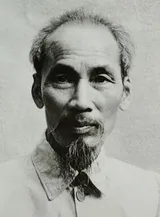
Tomorrow
See allMoreover, Alexander's pretensions at friendship with Napoleon led the latter to seriously misjudge the true intentions of his Russian counterpart, who would violate numerous provisions of the treaty in the next few years. Despite these problems, the Treaties of Tilsit at last gave Napoleon a respite from war and allowed him to return to France, which he had not seen in over 300 days.


Although a neutral state throughout the war, Sweden had permanent representatives in the Ottoman Empire who closely followed and continuously reported on major developments there. Its embassy in Constantinople was led by Ambassador Cossva Anckarsvärd, with M. Ahlgren as envoy and Captain Einar af Wirsén as military attaché. On 7 July 1915, Ambassador Anckarsvärd dispatched a two-page report concerning the Armenian massacres to Stockholm.

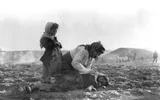
On the night of July 7, 1937, Chinese and Japanese troops exchanged fire in the vicinity of the Marco Polo (or Lugou) Bridge, a crucial access-route to Beijing. What began as confused, sporadic skirmishing soon escalated into a full-scale battle in which Beijing and its port city of Tianjin fell to Japanese forces (July–August 1937).

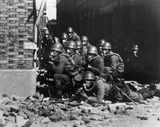
This month
See allHe believed himself a god and decided to build an opulent palace for himself. The so-called Domus Aurea, meaning golden house in Latin, was constructed atop the burnt remains of Rome after the Great Fire of Rome (64). Nero was ultimately responsible for the fire.
By this time Nero was hugely unpopular despite his attempts to blame the Christians for most of his regime's problems.

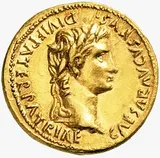
Collections
See allCold war
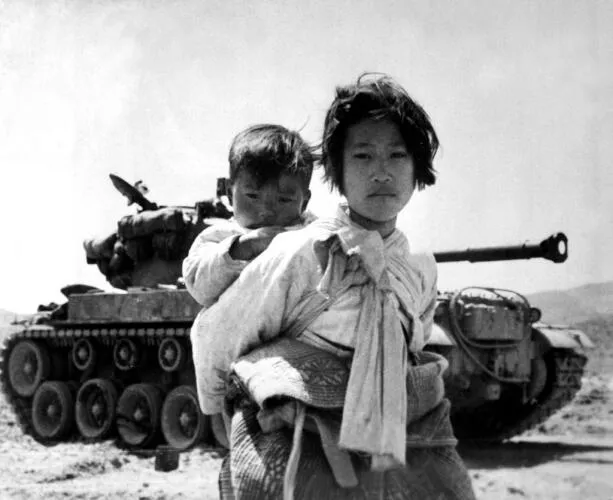





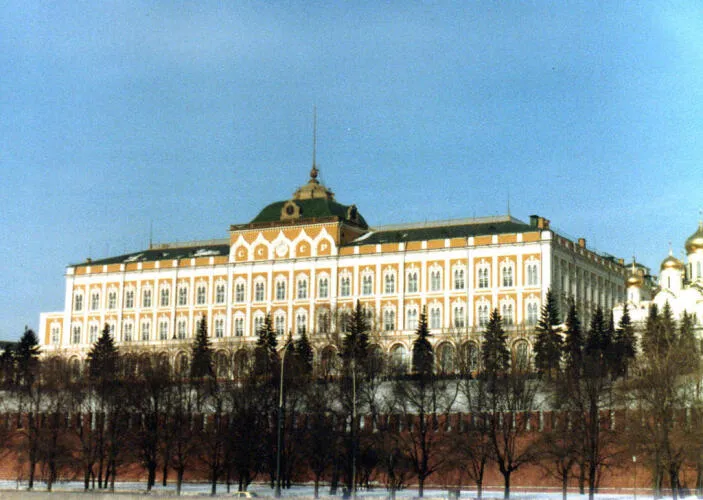
The Cold War was a period of geopolitical tension between the Soviet Union and the United States and their respective allies, the Eastern Bloc and the Western Bloc, after World War II.

Korean War

Vietnam War

Berlin Wall

Dissolution of the Soviet Union
U.S. Presidents
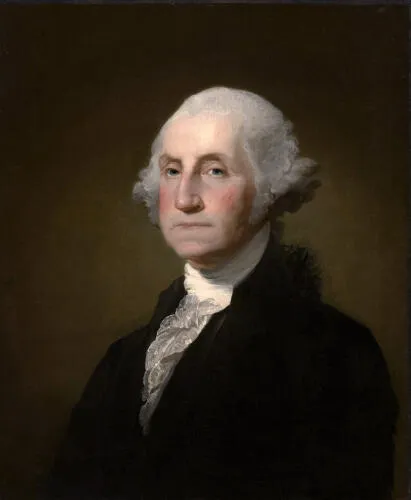

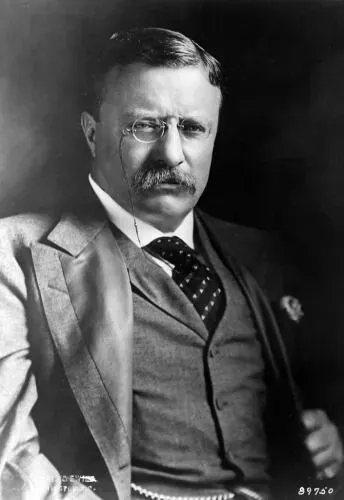

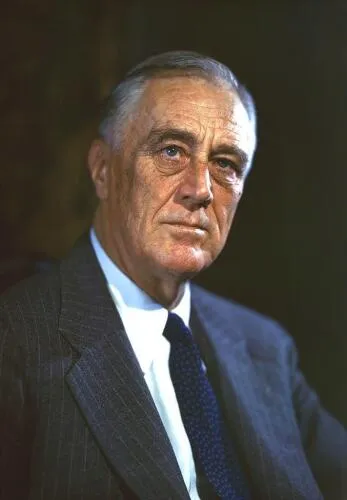

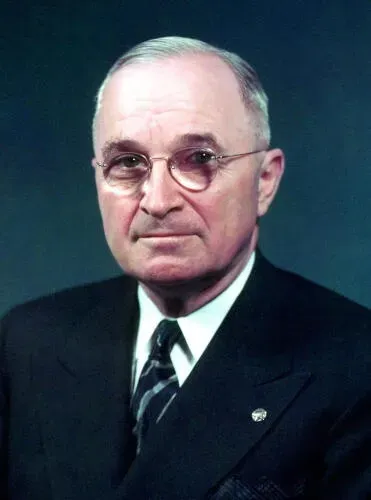

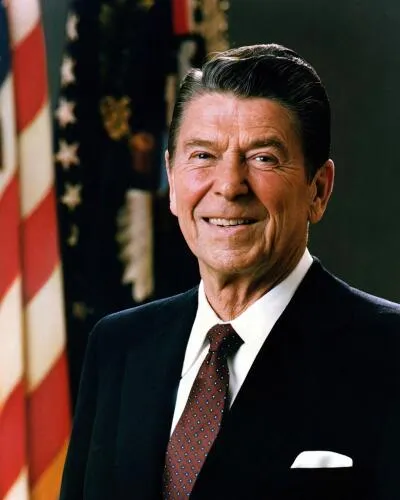

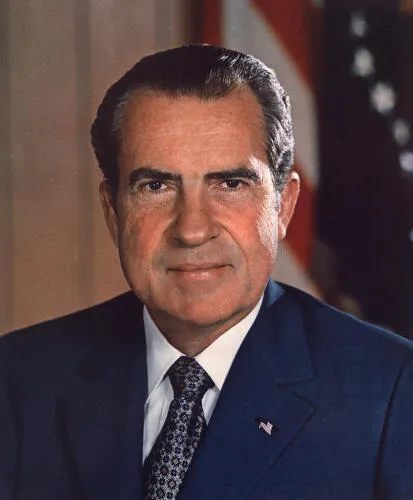

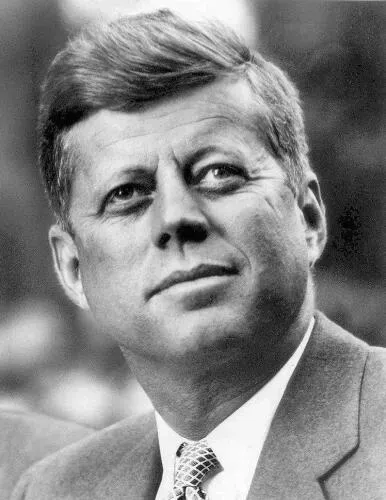

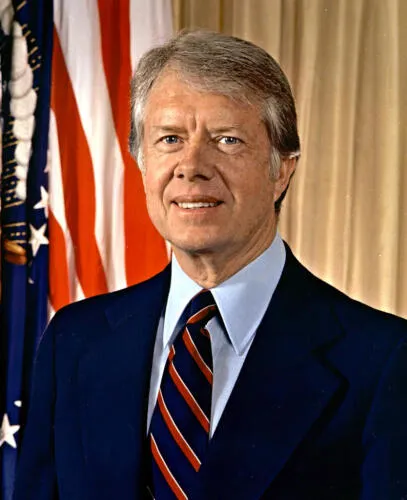



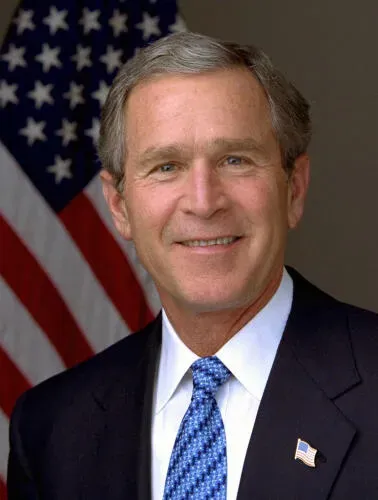

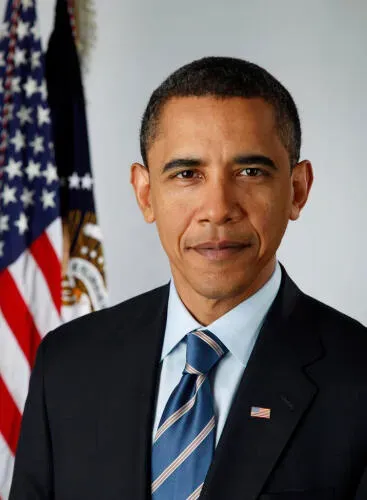
In this collection, we list U.S. Presidents Stories. The president of the United States is the head of state and head of government of the United States, indirectly elected to a 4-year term by the people through the Electoral College.

George Washington

Theodore Roosevelt

Franklin D. Roosevelt

Harry S. Truman

Ronald Reagan

Richard Nixon

John F. Kennedy

Jimmy Carter

Donald Trump

George W. Bush

Barack Obama
Great Women in History
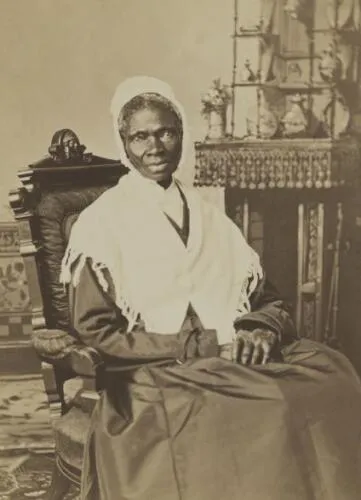

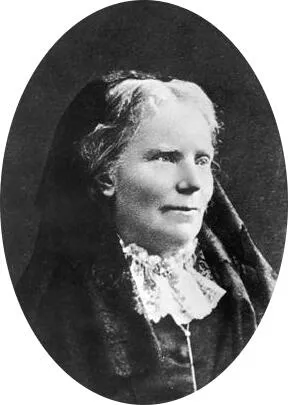

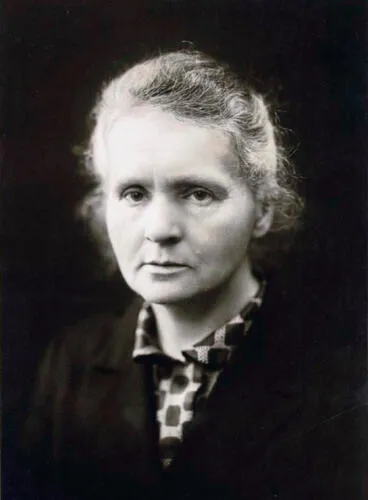

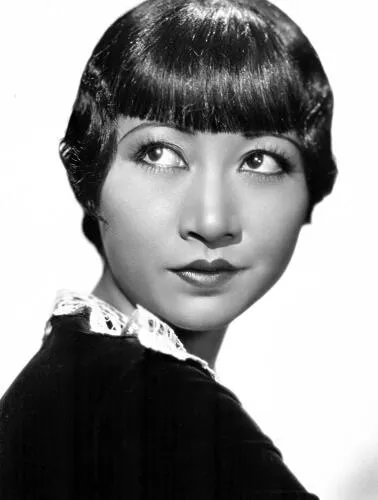

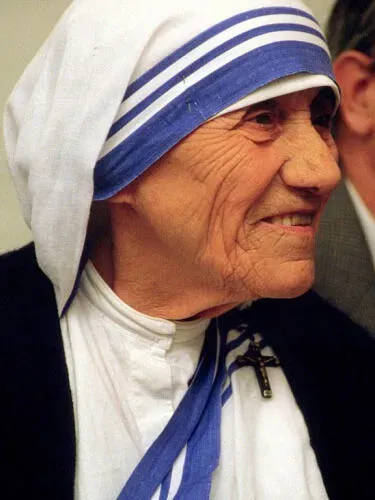

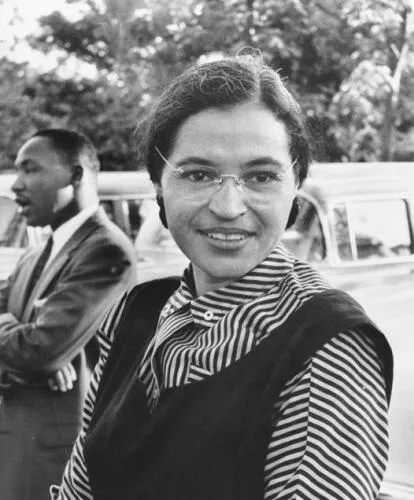

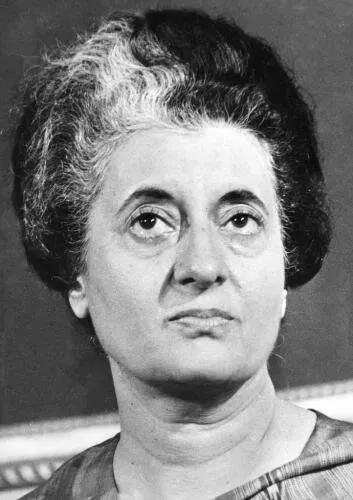

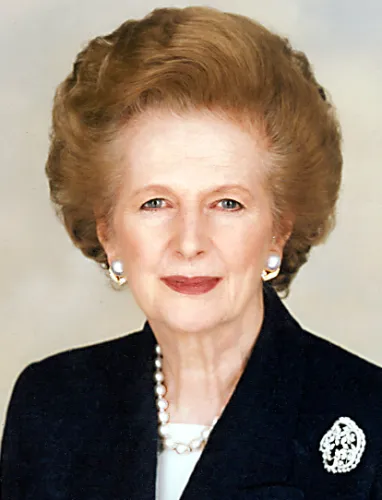

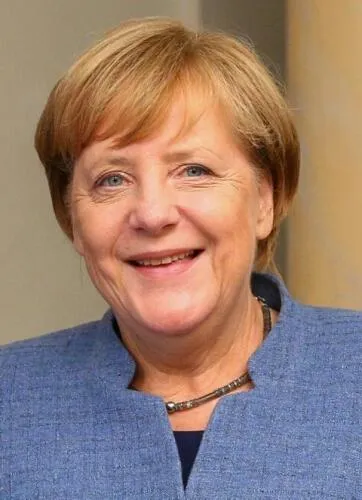







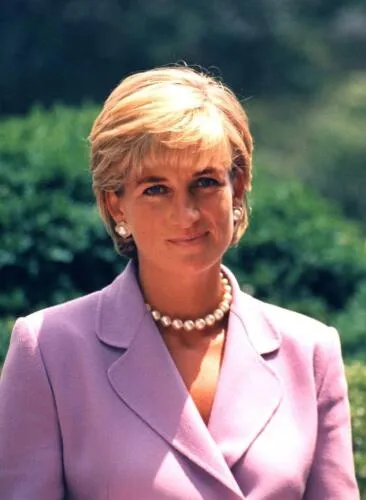
The female characters affected history.

Sojourner Truth

Elizabeth Blackwell

Marie Curie

Anna May Wong

Mother Teresa

Rosa Parks

Indira Gandhi

Margaret Thatcher

Angela Merkel

Halimah Yacob

Ruby Bridges

Theresa May

Princess Diana

